“We are proud to protect your historical rights and we will continue to do just that.” These reassuring words, addressed to the English-speaking community, were pronounced by Premier François Legault in his inaugural speech in the Quebec National Assembly. Later in that same speech, he reiterated his government’s intention to abolish elected school boards governed by democratically elected school commissioners. These two goals are antithetical — the second threatens the first.
The intention to abolish elected school boards is a radical change to an education system that is the envy of many OECD countries. This is not the time to plunge Quebec into what will surely be a lengthy, divisive and legal debate on structures. Legault’s speech also contained the welcome news that education will be his government’s top priority. Indeed, we should all be focussing on what really matters, working together to improve services to students and student success.
There are many positive reasons to maintain democratically elected school boards in Quebec. At under 5 per cent, the administrative costs associated with running school boards compare very favourably with every other level of administration. They are, in a territory as large and diverse as ours, a necessary regional level of local governance. It is inconceivable that our school and adult centres could be run centrally out of Quebec City. It is equally inconceivable that our educational system can be completely decentralized to 3,500 individual schools and adult centres.
In our network, elected school boards have an 86 per cent student success rate. They also represent, in many cases, the only link between local communities and their schools. Having recently visited both the Eastern Shores School Board in the Gaspé and the Central Quebec School Board in Quebec City, I can attest to the essential role English schools play in the scores of communities throughout Quebec.
It is unclear how transforming school boards into “service centres,” run by government of Quebec employees and with a high degree of centralized control, will either save any money or streamline the decision-making process in our education network. What is clear is that abolishing school board elections and eliminating elected school commissioners is an erosion of local democracy and of the constitutional rights of the English-speaking minority under Section 23 of the Canadian Charter of Rights and Freedoms to control and manage our educational institutions.
The government apparently intends to argue that the participation of some parents, teachers, administrators and co-opted community members in “service centres” respects the constitutional rights of the English-speaking community.
Jurisprudence on the interpretation of Charter rights in general and on Section 23 in particular is clear — these rights must be interpreted broadly and they cover the minority language community at large, not just individuals, such as parents, who have a direct role in our education system. Abolishing school board elections and the position of school commissioners eliminates the participation of Quebecers who have both an interest and stake in our system and who pay school taxes, in the process of controlling and managing our educational institutions. It is the QESBA’s view that anything short of local school boards governed by school commissioners elected by the English-speaking community at large is not compliant with our Charter rights.
This position is reinforced by both legal jurisprudence and legislative precedents. In Nova Scotia, Prince Edward Island and the Yukon, provincial governments eliminated the school boards of the English majority but maintained the French school boards, precisely in order to comply with the educational rights of the French-speaking minority — in other words, to be fully Charter compliant. This is not a model we would like to see here precisely because we believe in democratically elected school boards in Québec, regardless of their linguistic status.
If Legault’s government wants to “protect the historical rights” of our community, it must respect established jurisprudence and Canadian legislative precedents. They must maintain democratically elected English school boards. Anything less contradicts his own words and our society’s foundational value of protecting minority language rights.
Dan Lamoureux is president of the Quebec English School Boards Association.

